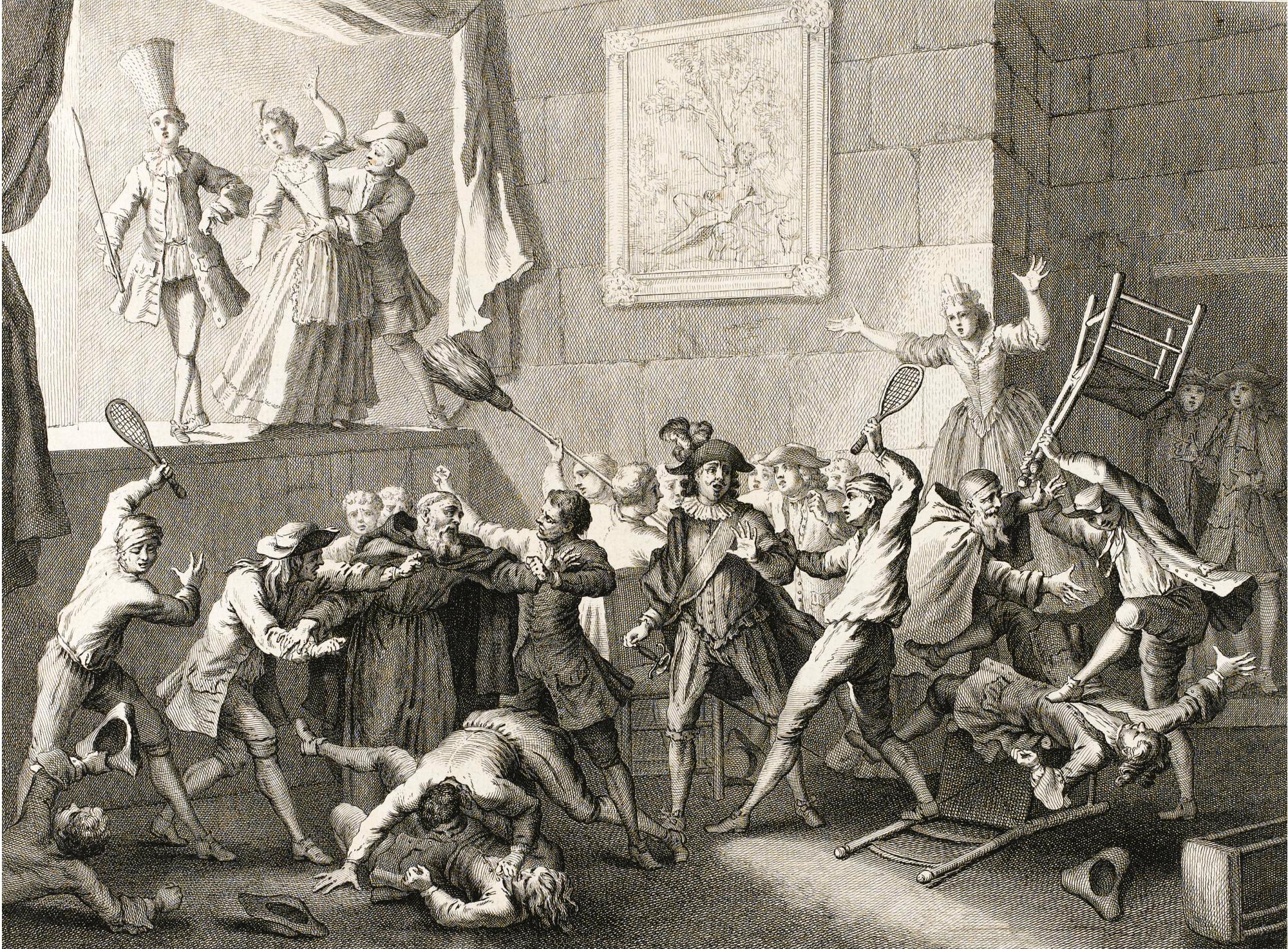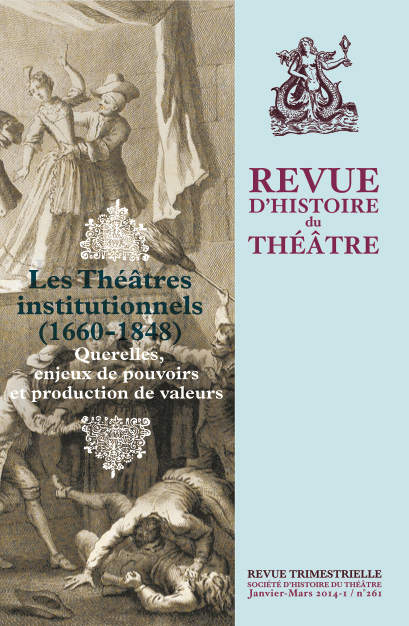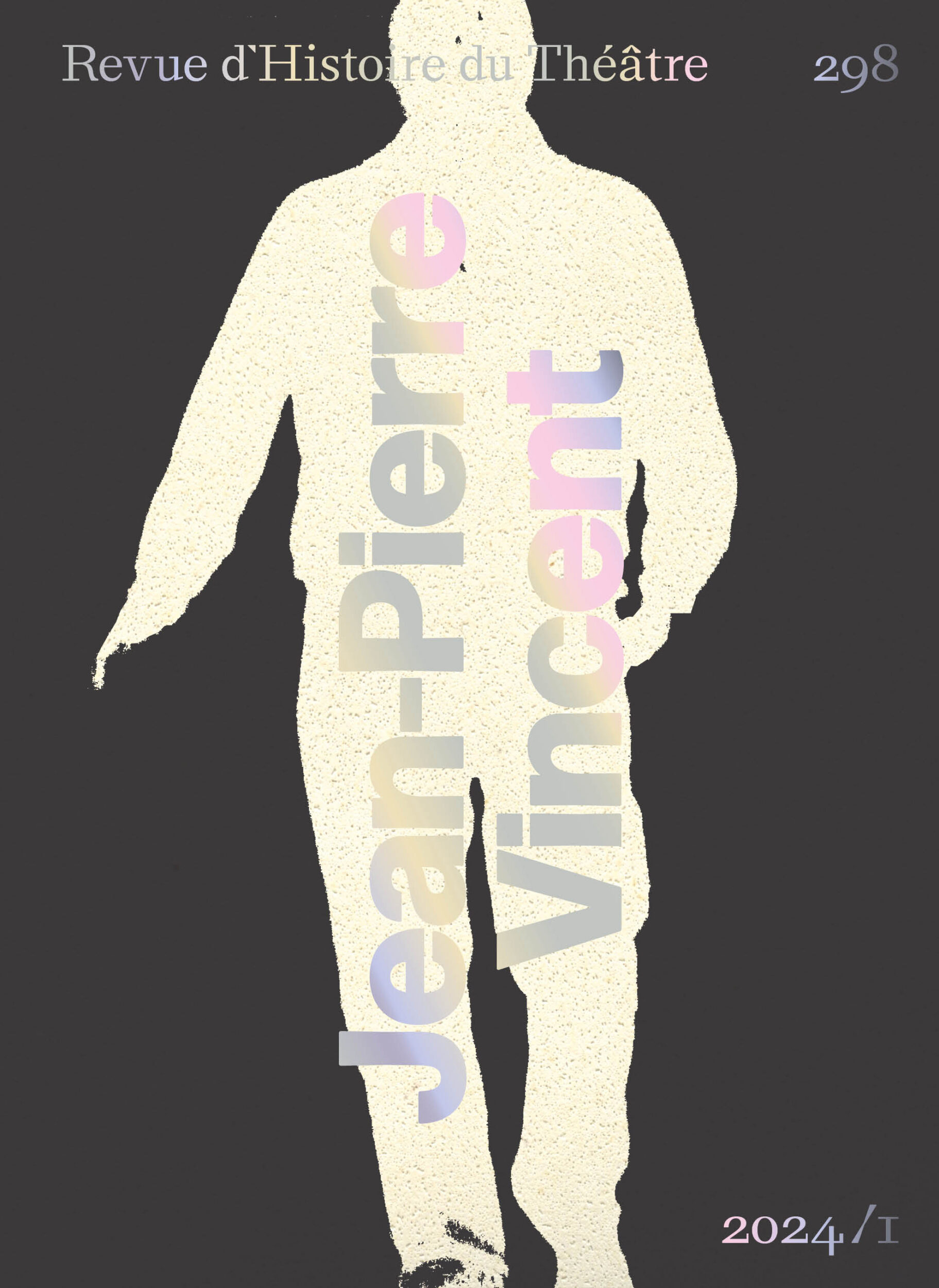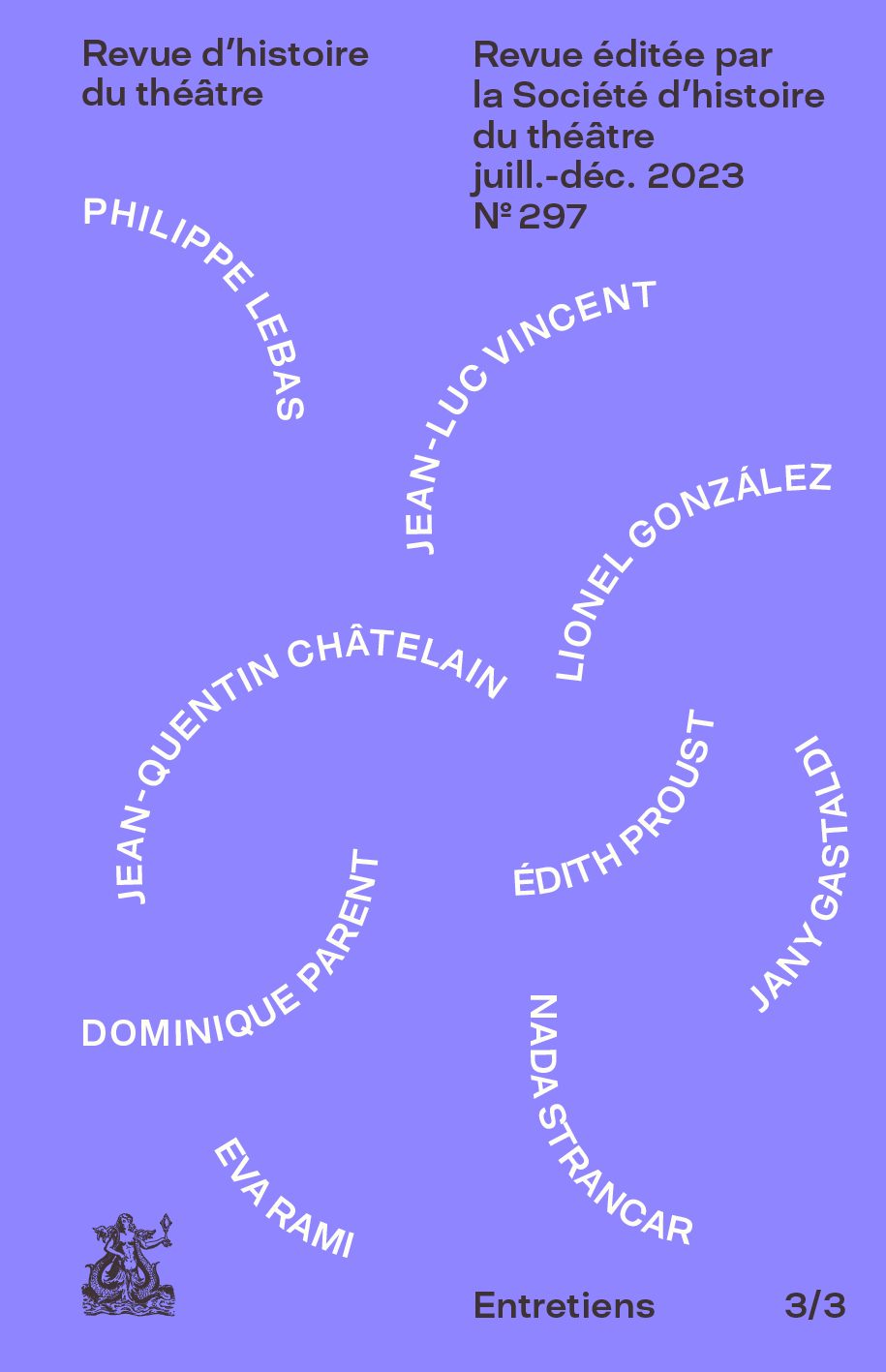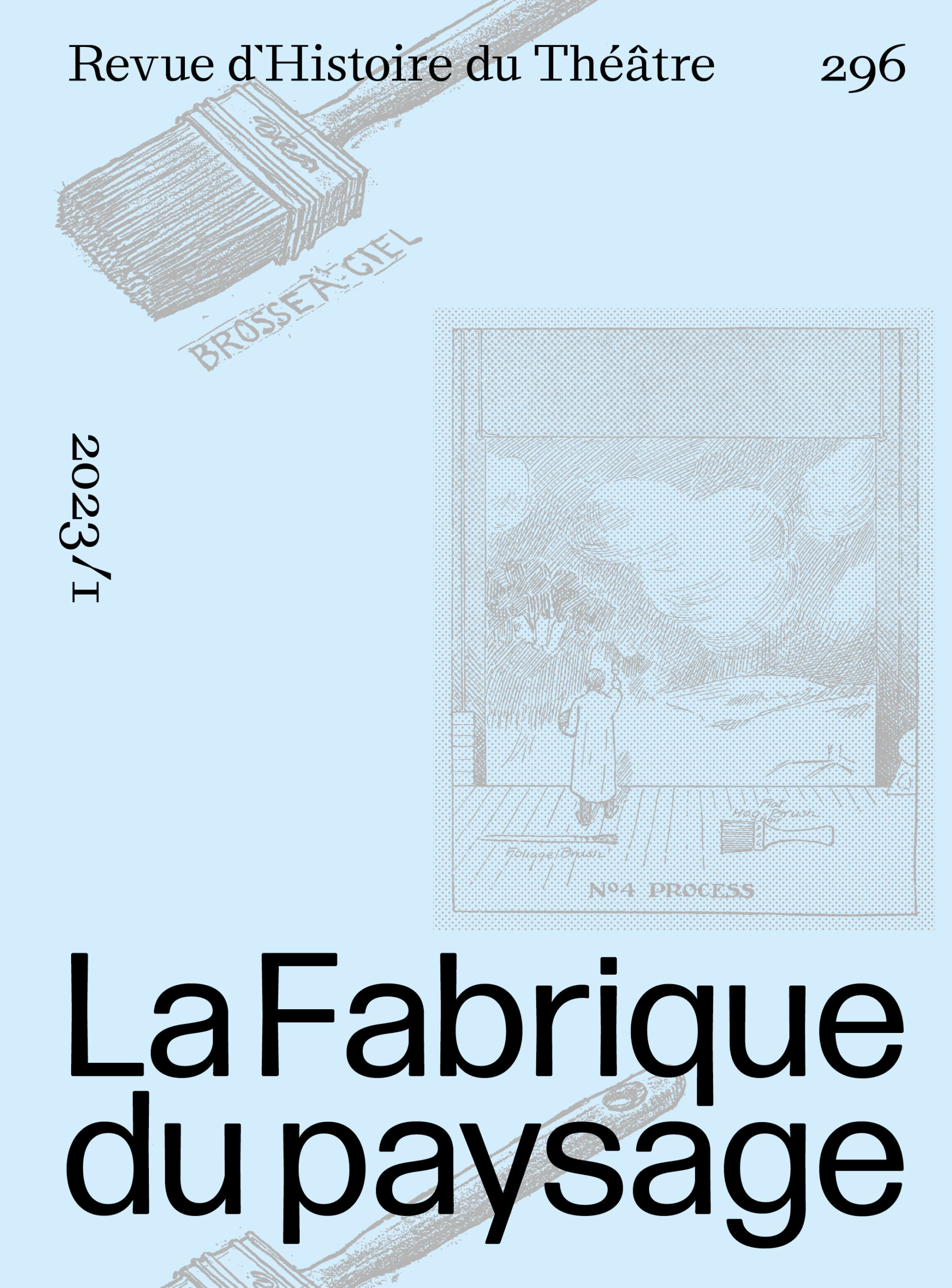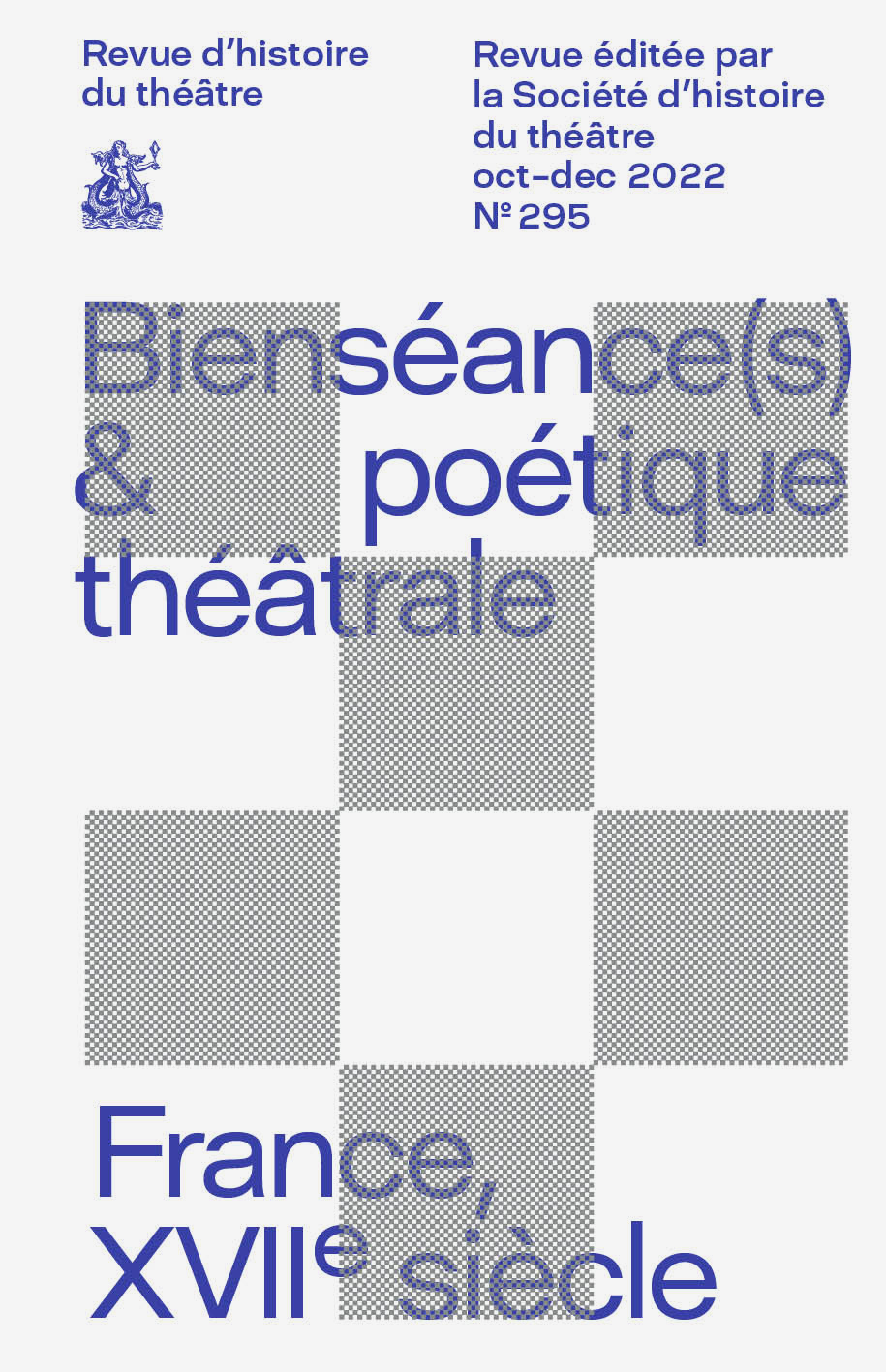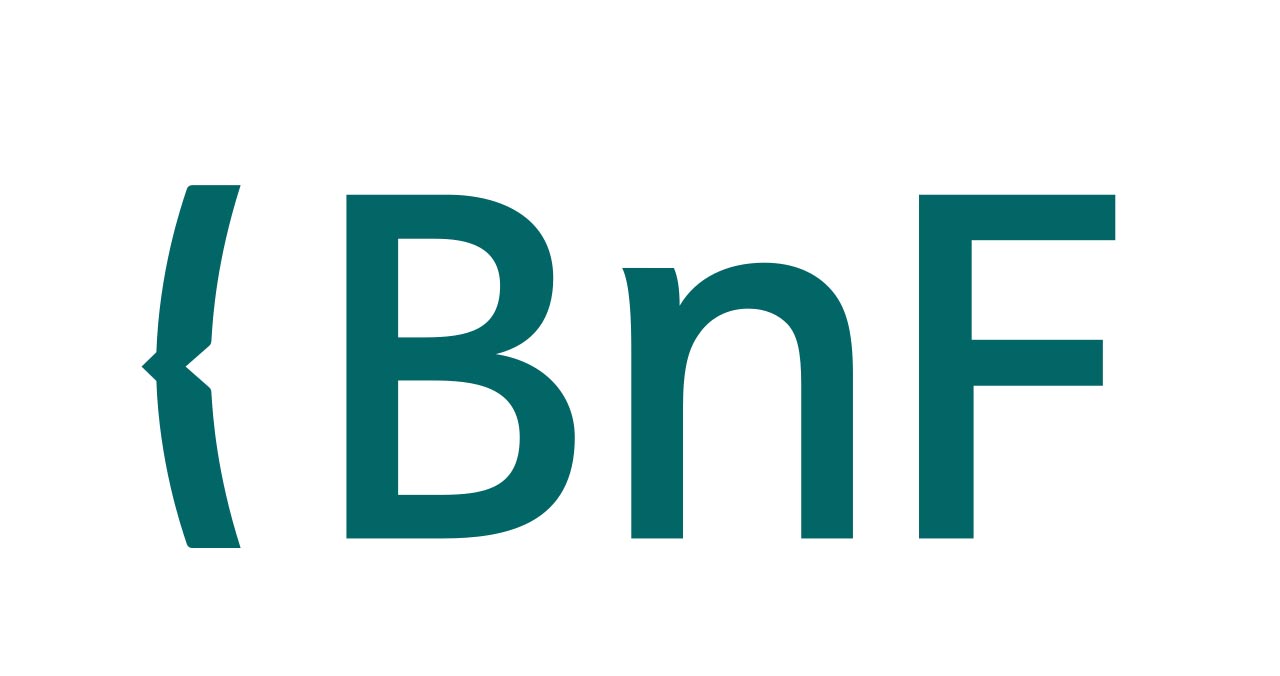Revue d’Histoire du Théâtre • N°261 T1 2014
La Comédie-Française, institution ou entreprise ? Étude d’une réécriture de L’Inconnu de Thomas Corneille et Donneau de Visé (1675 – 1703)
Résumé
Est-il pertinent d’opposer « institution » et « entreprise » pour évoquer la vie théâtrale en France sous l’Ancien Régime ? Cette distinction est induite par la structuration du champ théâtral, sous le règne de Louis XIV, autour de deux pôles institutionnels munis de leur monopole respectif : l’Académie royale de musique et la Comédie-Française. Toutefois, la connotation que nous attribuons à ces deux termes est partiellement anachronique. Au moyen d’une étude de cas, nous explorons dans cet article la manière dont s’articulent ces deux notions à la fin du xviie siècle. Nous nous intéressons à L’Inconnu, comédie-héroïque à grand spectacle créée au théâtre de Guénégaud en 1675 (texte de Thomas Corneille et Donneau de Visé, musique de Marc-Antoine Charpentier), et à sa réécriture partielle (par Dancourt et Gilliers) à l’occasion de sa reprise à la Comédie-Française en 1703. Nous retenons en particulier le cas du prologue dramatique en ce qu’il met en lumière les tensions, voire les contradictions, qui travaillent le champ théâtral à l’aube du nouveau siècle, de part et d’autre de la création de la Comédie-Française en 1680.
Abstract :
Is it relevant to oppose « institution » and « enterprise » to describe theatrical life in France under the Ancien Régime ? We might be encouraged to make such a distinction based on the structuring of the theatrical field, under Louis XIV, around two institutional poles, each with their own monopoly : the Académie royale de musique, and the Comédie-Française. However, the connotations that we attribute to these two terms are partly anachronistic. Through a case study, this article explores the manner in which these two ideas were articulated at the end of the seventeenth century. It explores the case of L’Inconnu, an heroic, spectacular comedy created at the Théâtre de Guénégaud in 1675 (text by Thomas Corneille and Donneau de Visé, music by Marc-Antoine Charpentier), and partially rewritten (by Dancourt and Gilliers) for its reprise at the Comédie-Française in 1703. The particular focus is on the dramatic prologue, which brings to light the tensions, and indeed the contradictions, which existed in the theatrical field at the dawn of the new century, before and after the creation of the Comédie-Française in 1680.
Vous n’avez actuellement pas accès au contenu de cet article. Veuillez vous connecter à votre compte, vous abonner à la revue, ou acheter cet article ou ce numéro pour le visualiser dans son intégralité.
